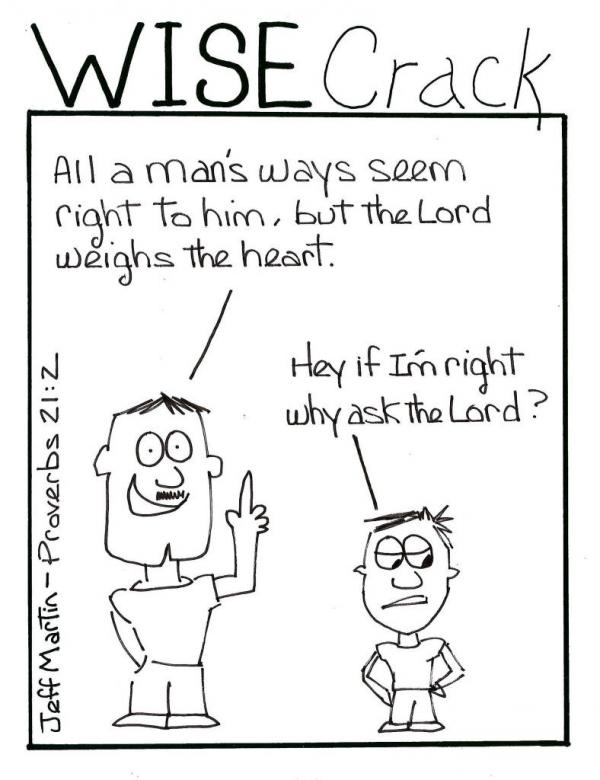We should note when studying Scripture that God’s word contains both relative and absolute statements. Some statements in the Bible are always true under every condition for all time. Other statements are relative or generalizations and not absolute. These statements are generally true, but not under every condition or situation.
For example, the apostle John wrote, "Whoever hates his brother is a murderer, and you know that no murderer has eternal life remaining in him" (I John 3:15 WEB). We can conclude that since King David of the Old Testament murdered Uriah that John’s statement must be a generalization. This verse cannot be an absolute statement because with the discovery of one exception the statement is no longer true under every condition and situation for all time.
So on one hand this is good news, for even if we happened to have murdered someone, our salvation is not necessarily in question. On the other hand this is fearful news because we see that even true believers are capable of heinous crimes.
Yet the Scriptures also do speak in absolutes. Apostle John also recorded that Jesus said, "Jesus said to him, 'I am the way, the truth, and the life. No one comes to the Father, except through me' " (John 14:6 WEB). How do we know that this statement is absolute? We know it is absolute because no exception is recorded in Scripture, nor has any exception ever been found in the history of mankind to date.
Someone may take up the challenge to find an alternative means by which sinful man can come to our Holy Father. Many false ideas and religions have been invented throughout history. But nothing can possibly satisfy the justice of God while providing mercy to sinners like God’s invention of the cross. Though we may shy away from absolute statements, this is one with great hope, the promise of salvation! The wisest course is to receive Jesus as the only answer and begin telling the rest of the world about him.
Praise God for the wonderful cross of Jesus Christ.












